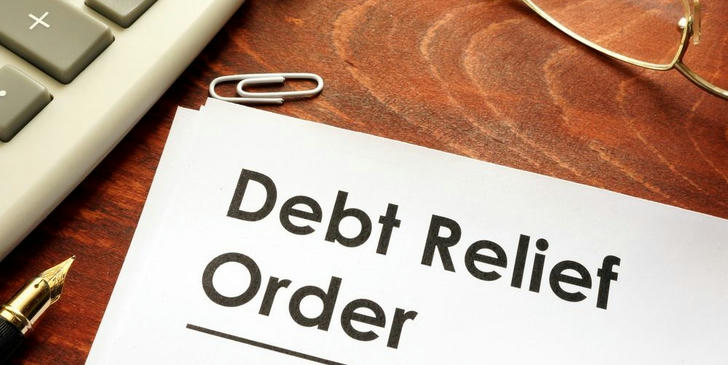Debt Consolidation in the UK: A 2025 Guide to Managing Credit Card and Bill Payments
For many across the UK, juggling multiple credit cards and bills can become overwhelming. Debt consolidation offers a way to simplify payments, reduce stress, and regain financial balance through a single manageable loan.

🔹 What Is Debt Consolidation?
Debt consolidation means combining several outstanding balances—like credit cards, personal loans, or household bills—into one new loan.
A debt consolidation loan or bill consolidation loan lets borrowers replace scattered payments with a single monthly instalment, often at a more stable interest rate.
This process turns consolidated debt into a single account, making budgeting easier and helping avoid missed payments.
🔹 How It Works in the UK
The concept is simple but powerful. Instead of paying several lenders, the borrower takes out a loan and debt consolidation product from one debt consolidation lender, who pays off existing debts directly.
The borrower then repays that one lender under new terms—sometimes lower interest, sometimes longer repayment periods.
Even those with weaker credit profiles can apply for a loan to consolidate debt with poor credit, though interest rates may be higher to reflect the risk.
🔹 Common Types of Consolidation Loans
| Type | Description | Typical Use |
|---|---|---|
| Unsecured debt consolidation loan | Based on credit rating, no property required as security | Ideal for smaller balances or short-term credit card debts |
| Secured consolidation loan | Tied to property or another asset | Suitable for larger debts but carries repossession risk |
| Bill consolidation debt loan | Combines multiple utility or service bills into one payment plan | Helps with regular household expenses |
| Debt management plan (DMP) | An informal arrangement with creditors to repay at an affordable rate | Useful when formal credit is not accessible |
🔹 Who Uses These Loans
Homeowners seeking to clear credit card balances through loan consolidation loans
Renters needing to catch up with household bills through bill consolidation debt options
Individuals working with a debt consolidation lender to reorganise personal loans
Those seeking professional debt manage plan advice to avoid default
🔹 Pros and Cons at a Glance
| Advantages | Disadvantages |
|---|---|
| One predictable monthly payment | Interest may still be higher for poor credit |
| Easier budgeting and less stress | Extending repayment can increase total cost |
| May improve credit score over time | Fees or early repayment penalties possible |
| Stops multiple creditors from chasing | Some lenders require collateral |
🔹 How to Choose the Right Option
Compare APRs carefully – Even small differences in interest can affect long-term cost.
Check lender credentials – Ensure the provider is authorised by the Financial Conduct Authority (FCA).
Understand total repayment – Calculate how much will be paid overall, not just monthly.
Avoid quick-fix promises – Reputable lenders never guarantee instant approval without proper checks.
🔹 Alternatives to Debt Consolidation
Debt Management Plan — A flexible repayment arrangement negotiated by an advisor.
Balance Transfer Credit Card — Sometimes suitable for those with moderate credit and small debts.
Debt Relief Order or IVA — For individuals with severe financial difficulty under UK law.
Financial Counselling — Independent organisations can review budgets and identify sustainable paths.
🔹 Realistic Example
A borrower with £8,000 in combined card and utility debt could take out a debt and bill consolidation loan of £8,000 at 10% APR over 3 years.
Their monthly payments would become fixed, replacing several minimum card payments and multiple billing dates.
Over time, this structure can reduce stress and prevent missed payments—but only if payments remain consistent.
Quick FAQ
Q: Can someone consolidate debt even with poor credit?
A: Yes. A loan to consolidate debt with poor credit is available from certain lenders, though rates are typically higher.
Q: What’s the difference between a debt consolidation loan and a debt management plan?
A: The first is a new loan replacing existing debts; the second is an informal plan to repay creditors directly, often arranged through a charity or advisor.
Q: Will consolidation damage credit score?
A: Short-term credit checks can reduce your score slightly, but consistent repayment improves it over time.
⚠️ Important Loan Risks
Debt consolidation can simplify payments but also carries risks. Lower monthly costs may mean longer repayment and higher total interest. Secured loans risk property loss if payments are missed, and repeated credit applications can affect credit scores. Always check fees and terms carefully before signing.
